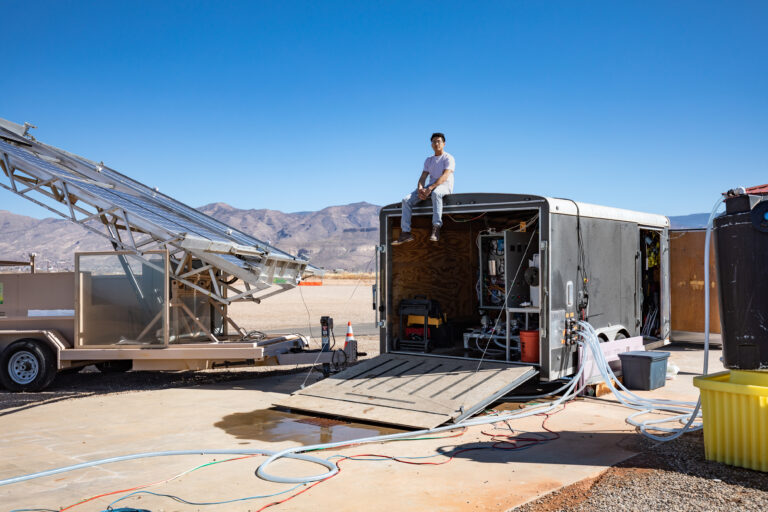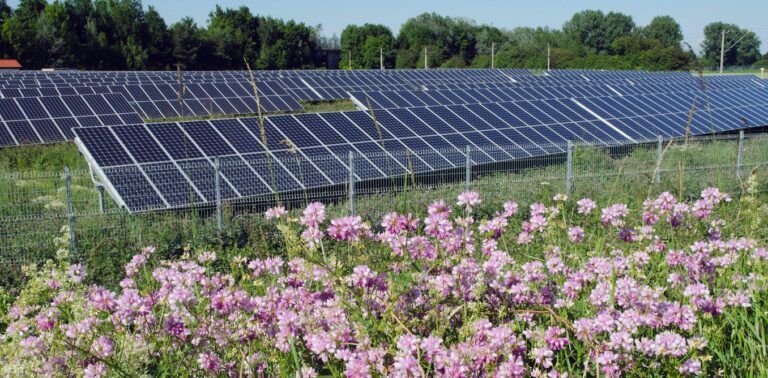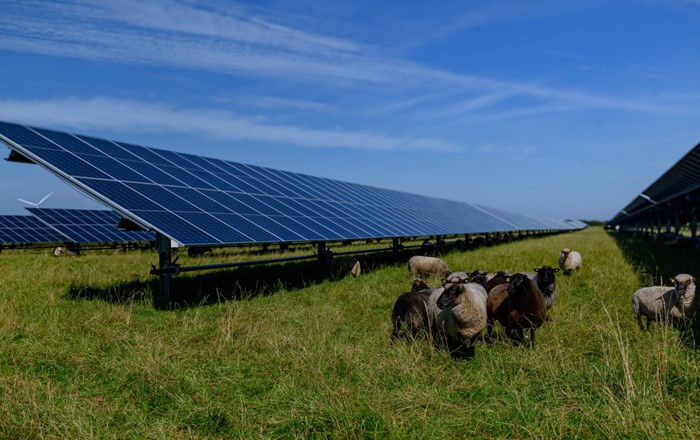Solar-powered desalination system requires no extra batteries
MIT engineers have built a new desalination system that runs with the rhythms of the sun. The solar-powered system removes salt from water at a pace that closely follows changes in solar energy. As sunlight increases through the day, the system ramps up its desalting process and automatically adjusts to any sudden variation in sunlight,…



